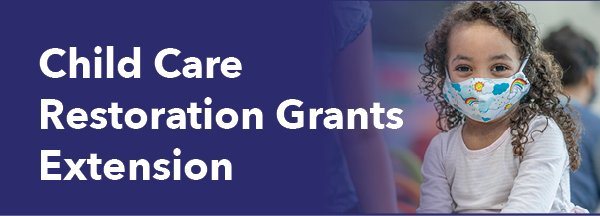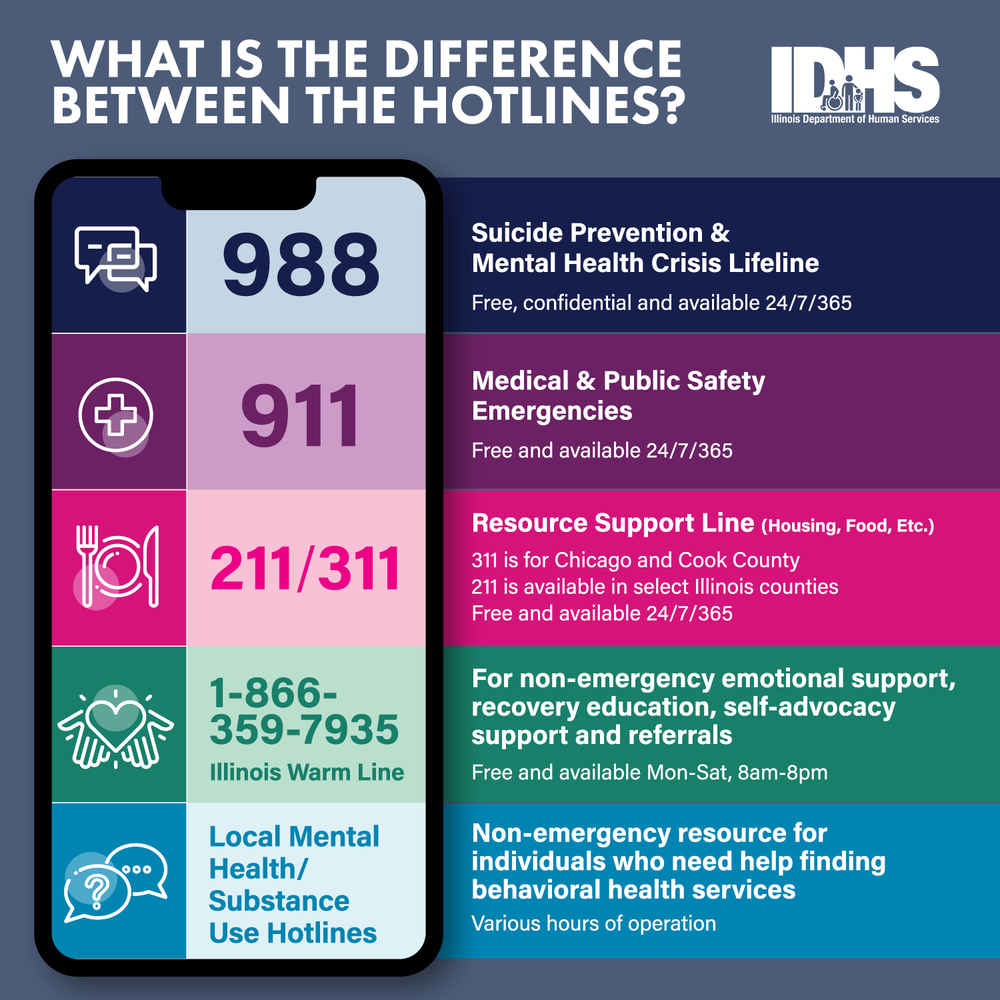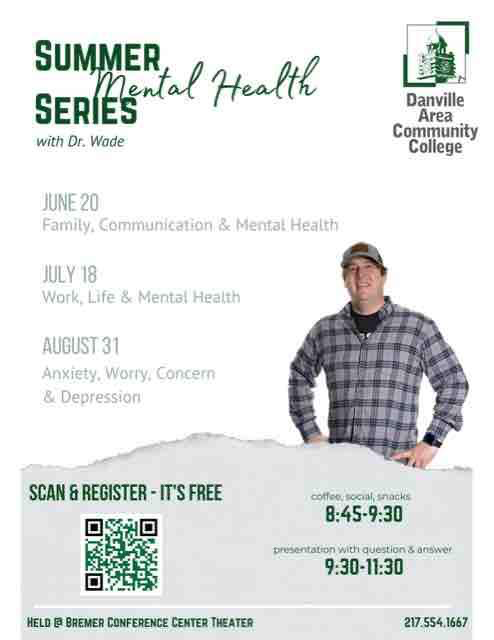EARLY CHILDHOOD CONSTRUCTION GRANT
The Illinois Early Childhood Construction Grant (ECCG) Program is a state-sponsored initiative to invest in quality early childhood education (ECE) facilities where they are most needed. The ECCG Program will award ECE providers $100 million in grants ($60 million in late fall 2022, and the remaining $40 million at a later date) to support the renovation, expansion, and construction of new facilities to serve more children ages. Any public school district or nonprofit that meets Illinois state standards for providing ECE services, including both nonprofit child care centers and group child care homes, are eligible to apply. For-profit ECE providers of any type and family child care homes are not eligible for these grants
Providers can apply through the Illinois Capital Development Board webpage. Applications are due by Monday, October 10, 2022. In the coming weeks, there will be additional information and resources, including an updated FAQ documents, to assist preparing an application for the IL ECCG Program. Additionally, IFF will host two information sessions that will walk through the application and provide tips and advice on how to prepare a strong application. Click here to learn more and register for an upcoming information session.
NEW INCOME GUIDELINES
Effective July 1, 2022, the IDHS Child Care Assistance Program (CCAP) made modification to some policies and procedures.
Income Guideline Changes•
- CCAP income eligibility limit will increase to include families with incomes below 225% of the Federal Poverty Line (up from the previous limit of 200%)
- The CCAP eligibility limit at redetermination will increase to 275% of the Federal Poverty Line (up from 250% of the Federal Poverty Line).
Family Size 225% FPl 275% FPL 85% SMI
2 3,433 4,196 4,921
3 4,318 5,278 6,079
4 5,203 6,359 7,237
5 6,088 7,441 8,395
6 6,973 8,523 9,553
7 7,858 9,604 9,770
8 8,743 9,987 9,987
9 9,628 10,204 10,204
Family Income Levels Effective July 1, 2022
NEW TRAINING REQUIREMENTS
Effective July 1, 2022, all license-exempt (not licensed by DCFS) non-relative child care providers who are approved to receive payments through the IDHS Child Care Assistance Program (CCAP) must adhere to the training requirements listed below.
Current providers must complete the training requirements before September 30, 2022, to receive payment for new families or continue to be paid for current families after their next redetermination.
HEALTH AND SAFETY TRAINING REQUIREMENTS
License-exempt non-relative home providers, their assistants/substitutes and license-exempt center providers (including directors, teachers, aides, and staff with access to children) caring for children paid for through CCAP must meet the following requirements within 90 days of being approved for CCAP payments:
• Become a Gateways to Opportunity Registry member and renew membership every year. To become a Registry member visit: https://registry.ilgateways.com.
• Complete Pediatric First Aid and Cardiopulmonary Resuscitation (CPR) Certification by an approved training entity.
• Complete Department of Child & Family Services (DCFS) Recognizing and Reporting Child Abuse and Neglect Mandated Reporter training.
• Complete Child Development, Health, and Safety Basics course or obtain ECE Credential Level 1
Training-Tier 1.
• Enter your completed trainings in the Gateways Registry and send a copy of your certificates and First Aid/CPR card to CCRS.
POOR DIET, HOUSEHOLD CHAOS MAY IMPAIR CHILDREN’S COGNITIVE SKILLS
Poor nutrition coupled with living in a chaotic household environment may negatively affect young children’s executive functioning, the higher order cognitive skills that govern memory, attention and emotional control, researchers at the University of Illinois Urbana-Champaign found.
Children 18 months to 2 years old who ate greater quantities of sugary snacks and processed foods were more likely to have problems with core components of executive functioning such as inhibition, working memory, and planning and organizing abilities, according to surveys completed by their caregivers.
Although similar research examining links between nutrition and executive function was conducted with older children and teens previously, the current study was novel in that it focused on children at ages when they were developing these vital skills and when dietary habits and home environments could play pivotal roles.
“Children begin rapidly developing executive functions around the ages 2-5, and we wanted to look at that initial period when parents were making critical food-related decisions and the impact these had on children’s cognitive abilities,” said first author Samantha Iwinski, a graduate student who has worked with the project for several years.
The U. of I. researchers’ analyses suggested that poor nutrition – including regular consumption of various snacks and processed foods – was associated with diminished cognitive performance and behavior among the children in the study.
“We saw that higher intake of these foods was related to lower levels of certain indices, including emotional control, inhibition and planning and organizing,” Iwinski said. “Even at this young age, dietary intake may affect children’s executive function at multiple levels.”
The U. of I. team hypothesized that calmer households with predictable routines might buffer the effects of a poor diet on children’s executive function.
Rather than moderating the relationship between executive function and dietary intake as the team had hypothesized, household chaos had an independent correlation with children’s cognitive skills. The findings highlight the importance of both good nutrition and healthy household environments in promoting children’s best cognitive development.
To mitigate potential negative effects on children’s cognitive skills, Iwinksi suggested that prevention programs focus on activities and supports that help parents establish healthy routines and limit their children’s consumption of snacks and less healthy foods.
“Children may not understand the signals around them when environments are noisy or disorganized, and a lack of routine and consistency may influence their attention and emotional regulation,” researcher Iwinski said. “These children may not be able to interpret cues and respond appropriately in certain social and emotional situations.”
To better understand the correlations found in the current study and examine how they persist or evolve as children age, Iwinski and her co-authors are planning a follow-up study with the same families and their children, who are now 5-6 years old.
To read entire article as orginally published, go to: Poor diet, household chaos may impair young children’s cognitive skills | Illinois

With significant federal investments, strong state leadership, and support, Illinois is continuing the Child Care Restoration Grants through a CCRG Extension Round 6.
CCRG Extension Round 6 grants will cover expenses from July, August, September, October, November, and December 2022.
Applications opened yesterday, Monday, July 25, 2022, and will close Friday, August 19, 2022.
- Programs found eligible will be paid 30% of the full monthly grant amount.
- The 6 month grant payment will be made in one check. Checks will begin mailing in October.
- Grant funding is based off a program’s licensed capacity on June 1, 2022.
- Programs must have completed and accepted monthly reporting for all previous funded months to be found eligible for CCRG Extension (Round 6) funding.
- Programs must be open and caring for children by August 19, 2022, to apply.
- Programs cannot overlap CCRG and SGCC grant funds. If you received an SGCC grant for any of the months listed above, you are NOT eligible and should not apply for the CCRG Extension Round 6.
- Programs must complete and upload the CCRG Round 6 Attestation.
For more information about applying or renewing your CCRG visit https://www.ilgateways.com/financial…/restoration-grants

COPAYS GOING DOWN
Attention Illinois Child Care Professionals and Parents!
Governor Pritzker announced that the Child Care Assistance Program (CCAP) would be Lowering copays to $1 for CCAP-eligible families with a parent or guardian working in child care effective July 1, 2022.
To request the copay reduction, parents who work in any position for a licensed or license-exempt child care center or home should request that their copayment be reduced in writing with their signature by email, mail, or walk into your local Child Care Resource & Referral (CCR&R) or Site Administered Provider. There is no required form to make this request. CCAP staff will review and process all requests in the order received and an updated approval letter will be generated for both the client and child care provider.
Copayment changes will be effective the month following re-assessment.


ONLINE TRAINING OPPORTUNITIES FOR CHILD CARE PROVIDERS
For on-line training opportunities, remember the Gateways i-learning website is always available at: Gateways i-learning System (inccrra.org). These trainings are Gateways Registry-approved and cover a variety of child development and early childhood education topics. Trainings automatically appear on your Gateways Registry Professional Development Record (PDR), and they are FREE. Be sure to have your Gateways Registry online username and password to login.
Below is a listing of other free or low-cost on-line training opportunities that are available to all child care providers:
- COX Campus: Courses | Cox Campus
- Early Childhood Investigations Webinars: Early Childhood Webinars – Conference-Quality Professional DevelopmentYou can access past webinars at any time.)
- edWeb.net: Upcoming Events – edWeb
- Penn State Extension — Better Kid Care: Better Kid Care — Penn State Extension (psu.edu)
- STARnet: STAR NET Northwest Region I & Central Region III – Illinois STAR NET provides a variety of opportunities for personal and professional growth for those who touch the lives of young children, ages birth through eight, with an emphasis on children with special needs. STARnet supports family-centered, researched and effective practices in early childhood education and care.
- Texas A&M AgriLife Extension: Texas A&M AgriLife Learn | Courses, Publications, and Merchandise (tamu.edu)
- The Center: Resources for Teaching and Learning – Early Childhood Professional Learning: Professional Learning | EC Learning IL
Please contact Jenny Garinger if you have any training questions or if you know of any other helpful online trainings at 217-333-7816 or garinger@illinois.edu.